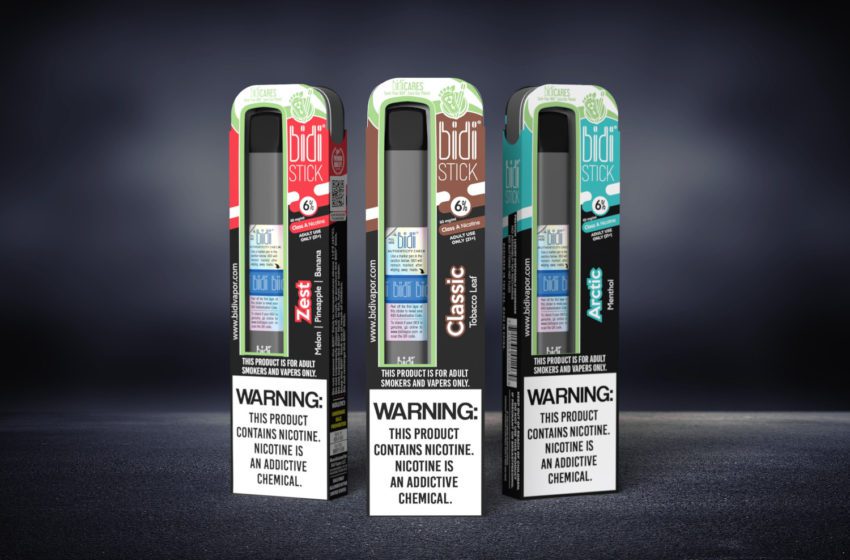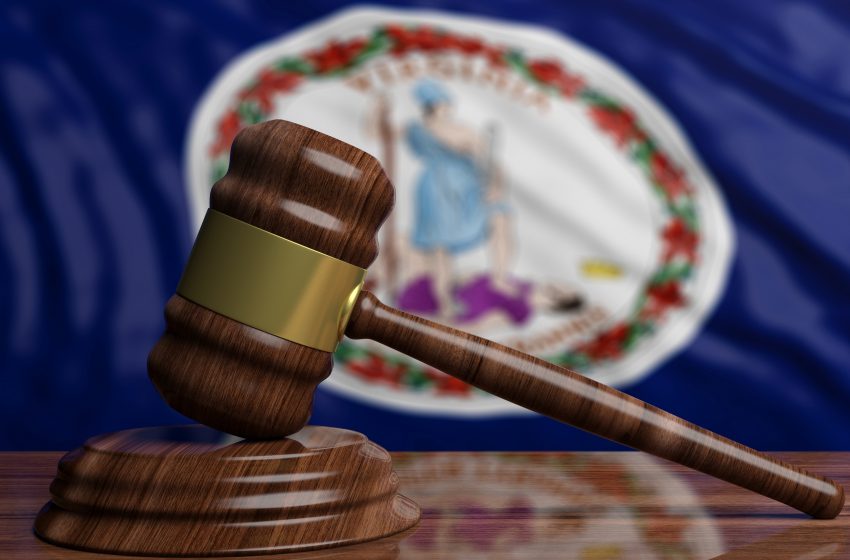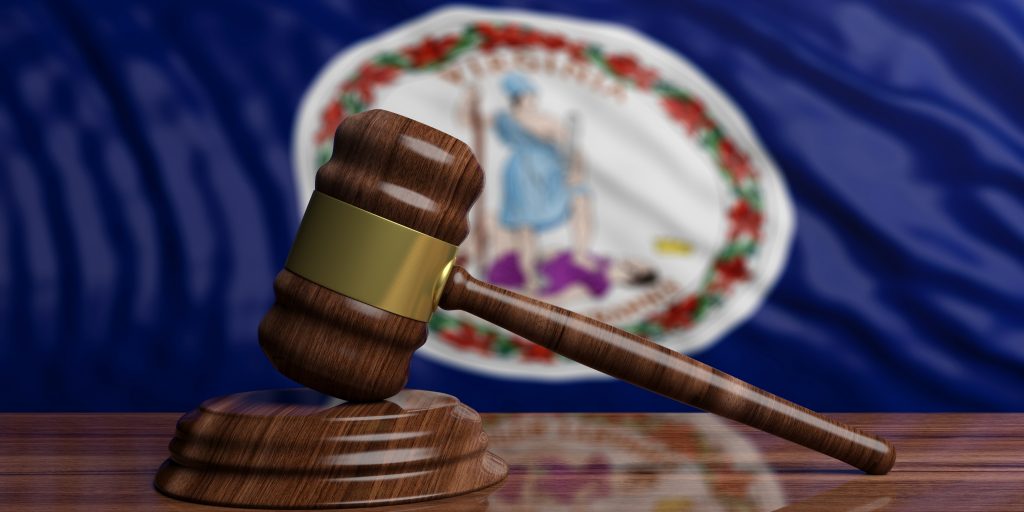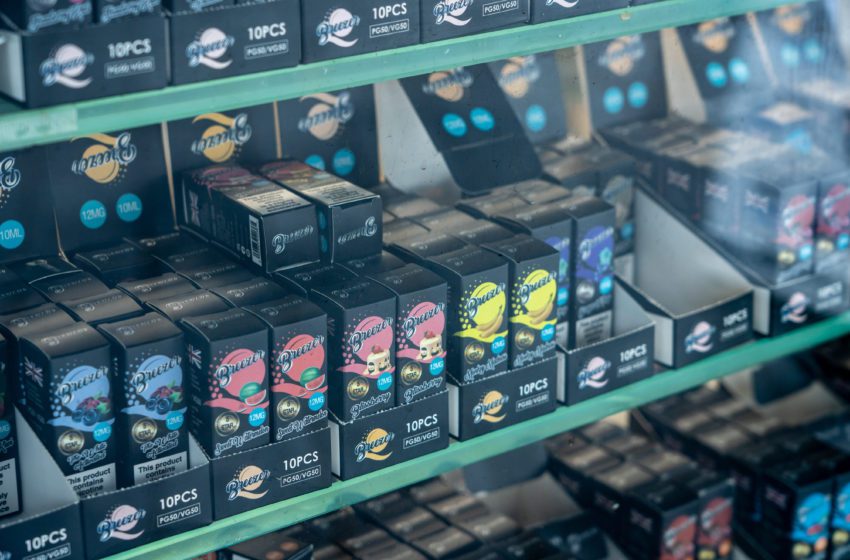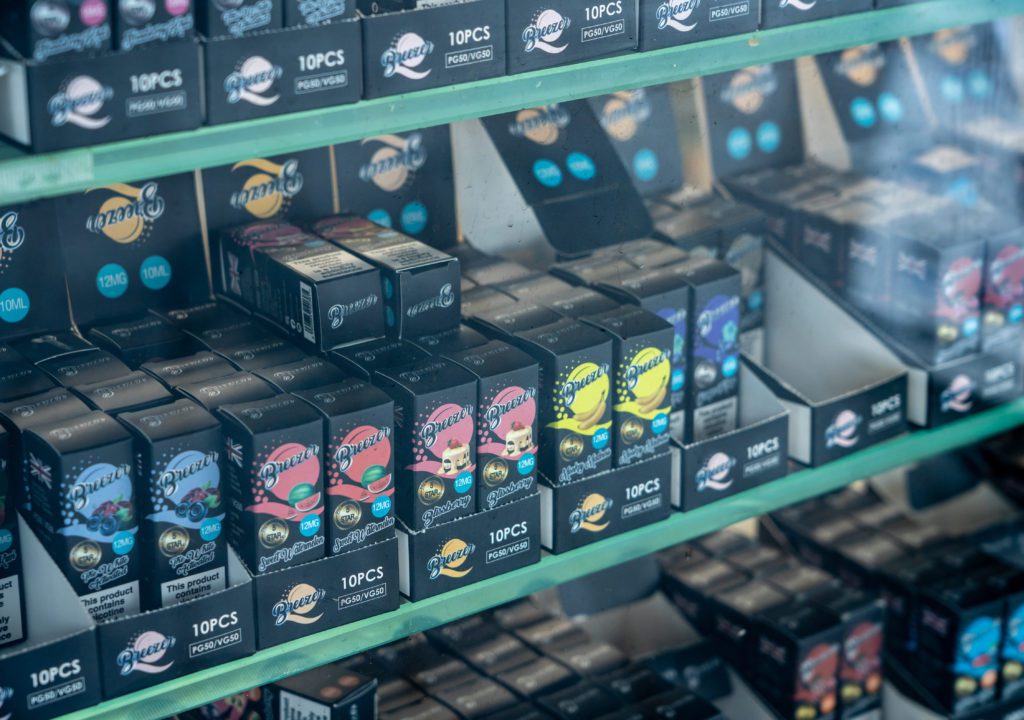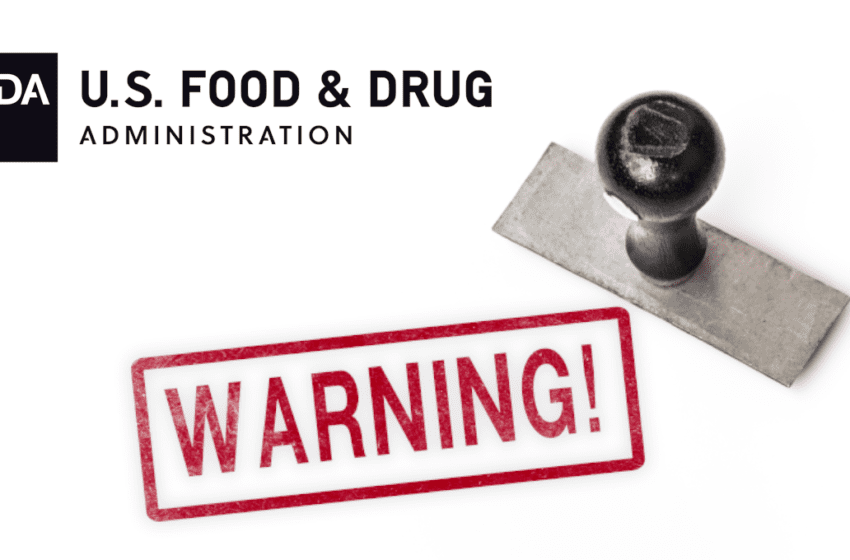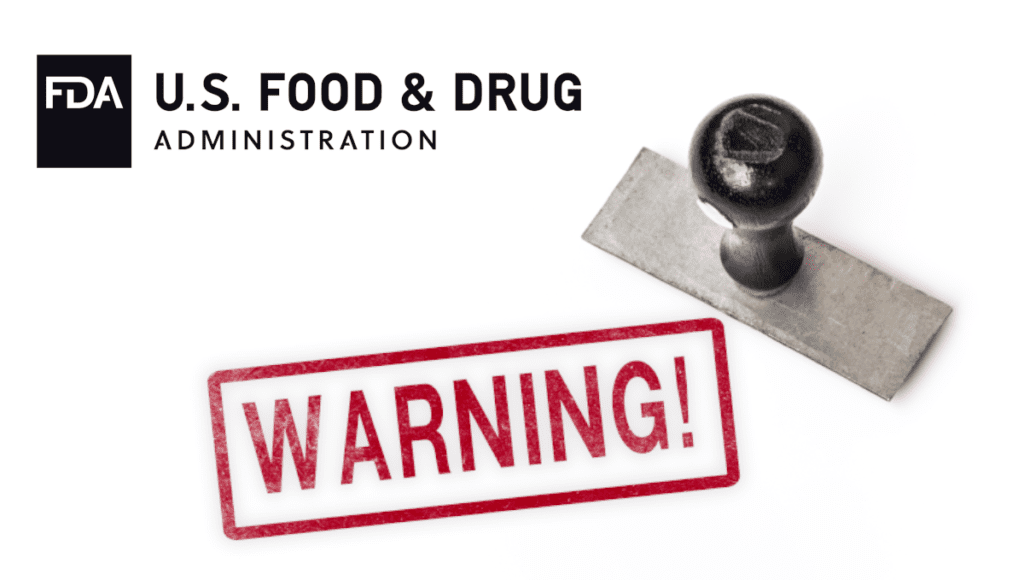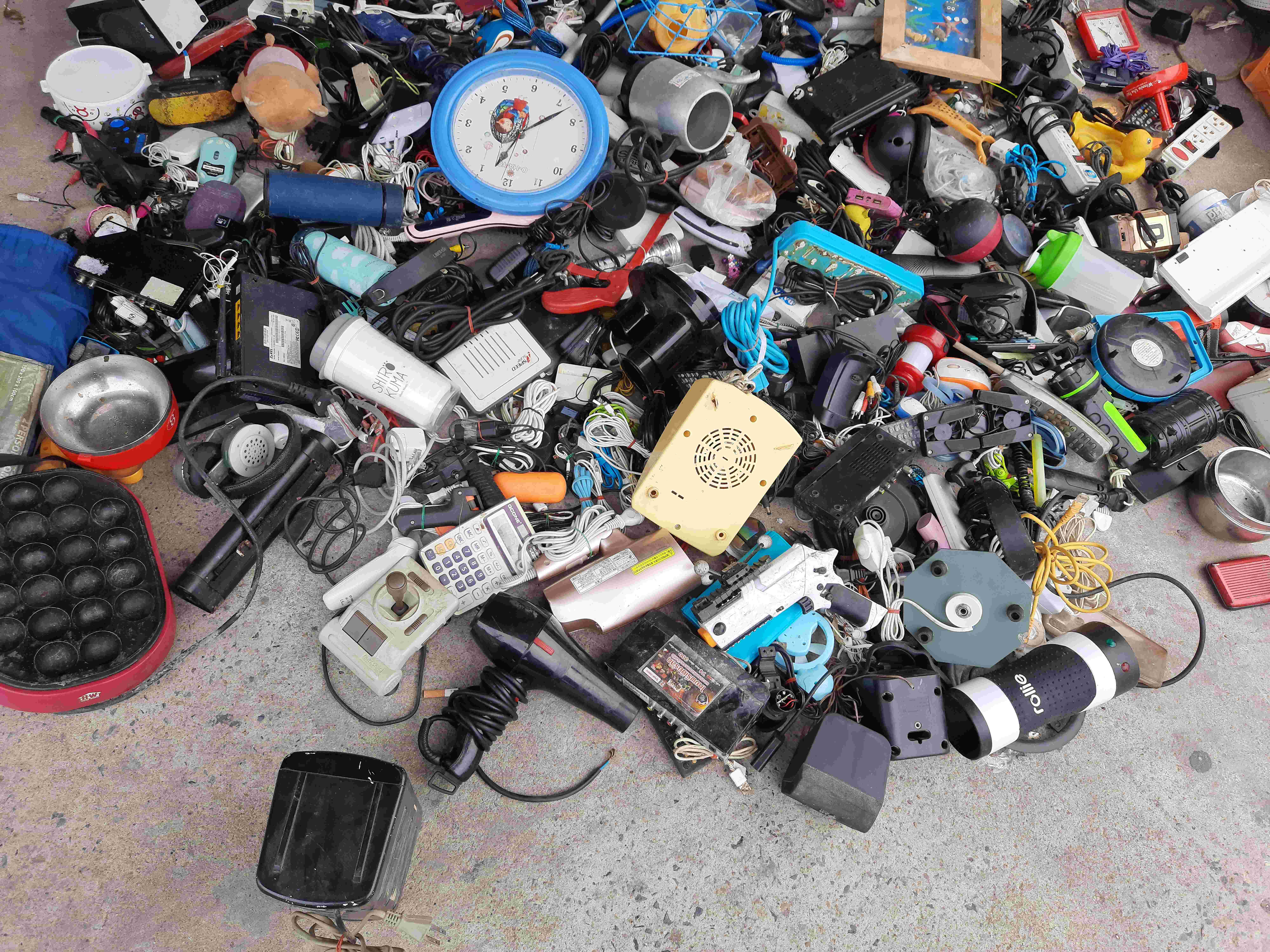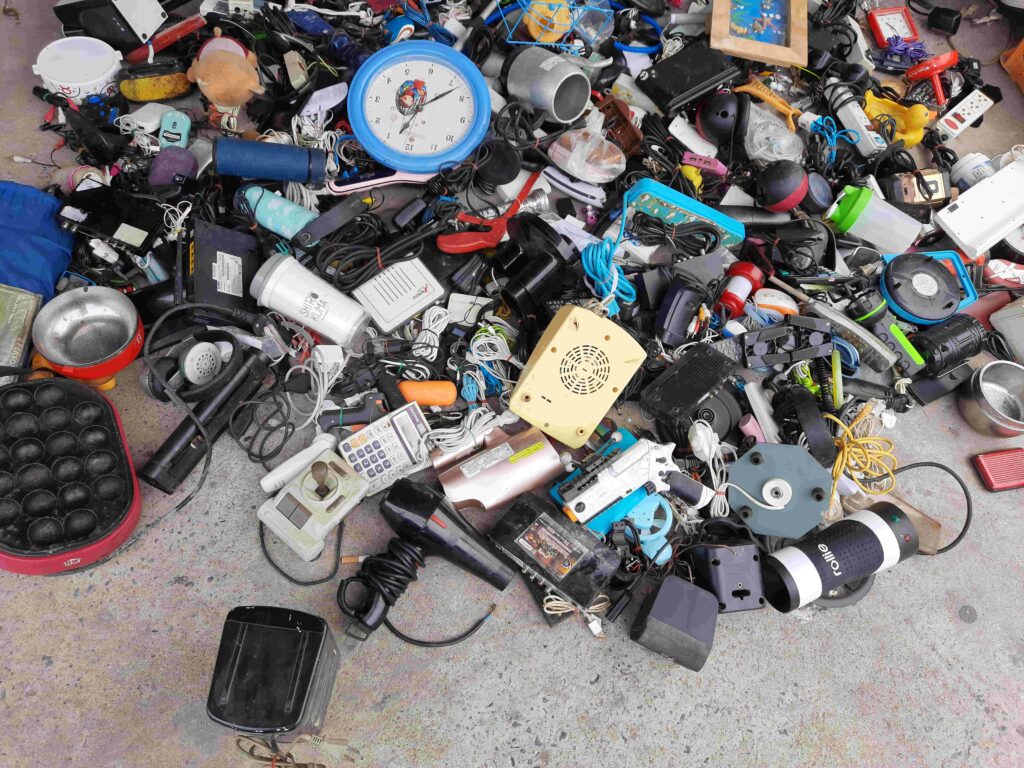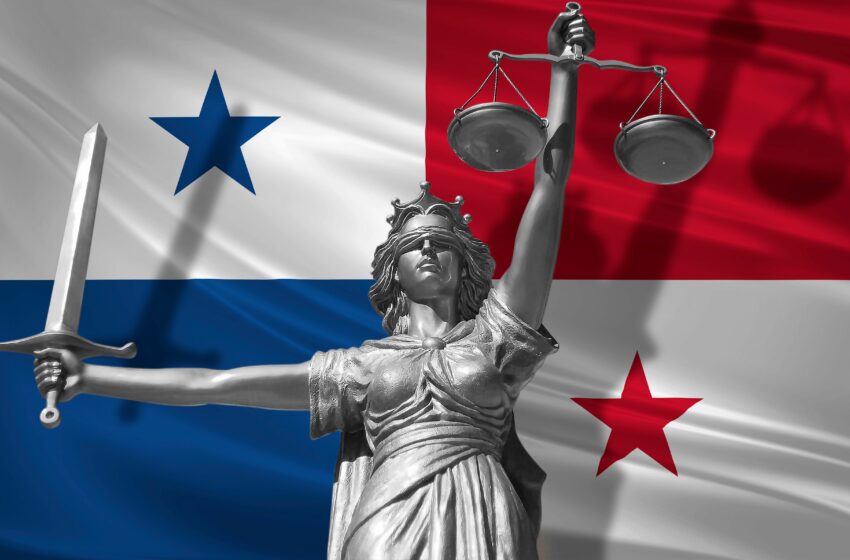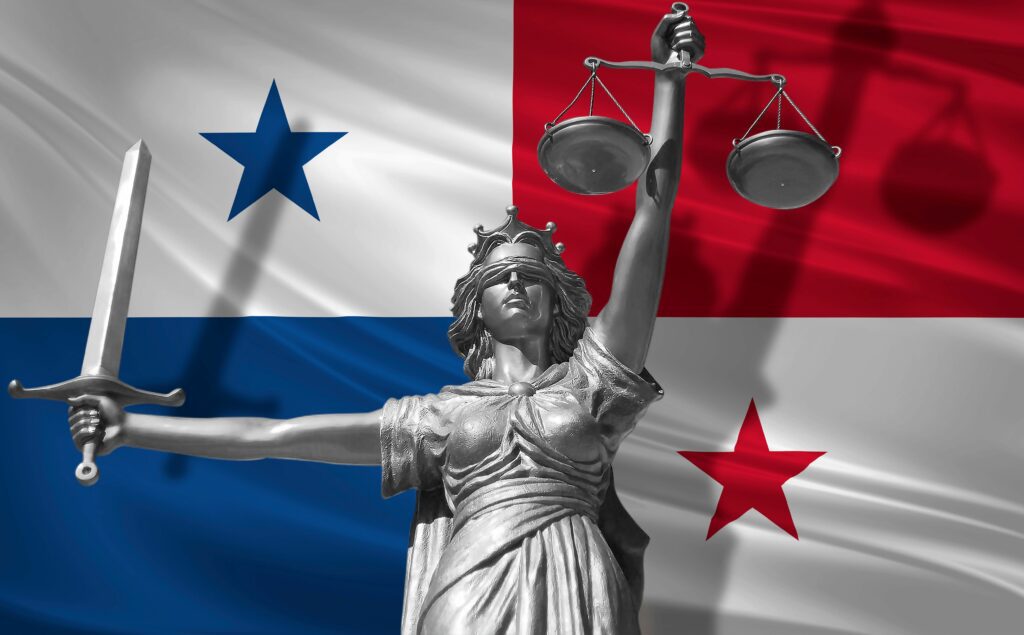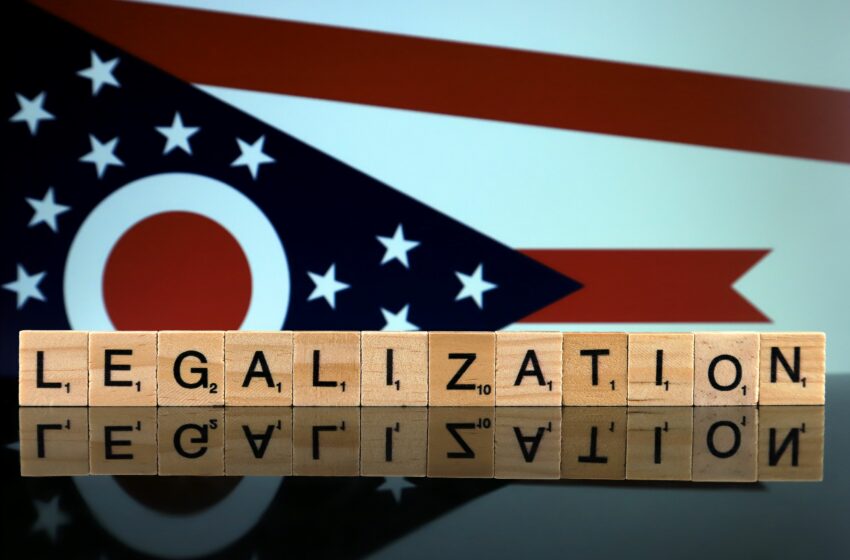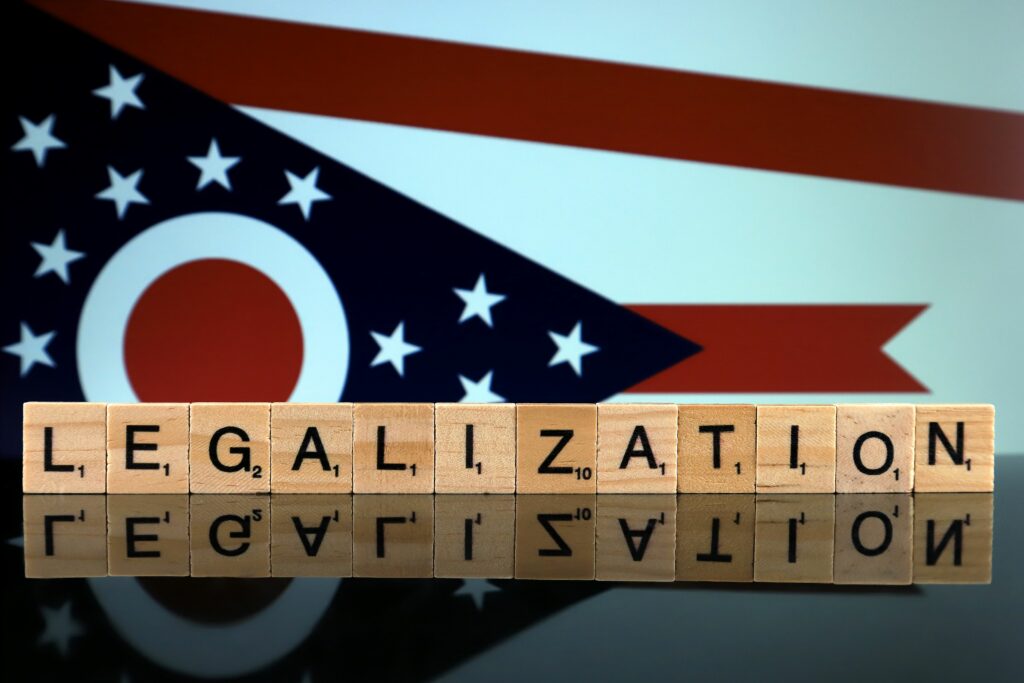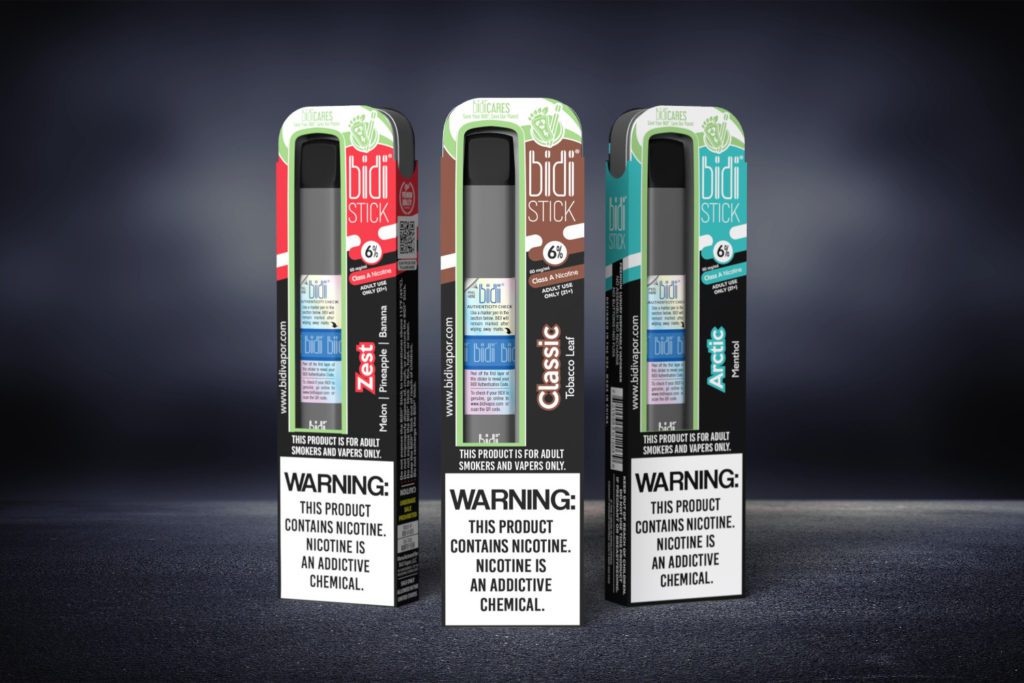
At a conference of administrators, attorneys, and businesspeople on tobacco regulation, Russell Quick, president of Kaival Marketing Services, said regulatory agencies can use the same data in a recently published ranking of disposable vape devices as a “roadmap” to identifying companies marketing illegal vaping products.
Quick, whose company markets the Bidi Stick brand of electronic nicotine delivery system (ENDS), spoke at the Tobacco and Nicotine Products Regulation and Policy Conference sponsored by the Food and Drug Law Institute (FDLI) in Washington, D.C.
He said a ranking from New York-based Nielsen shows 10 of the 11 named disposable ENDS were not compliant with the U.S. Food and Drug Administration’s regulatory processes, according to a press release.
Thirty-four companies were named in a lawsuit filed in October by Altria subsidiary NJOY over non-compliant products.
“Scan data now is at our fingertips … and you can literally pull this data to see which retailers are selling which non-compliant product and which wholesalers are distributing [these products] — that’s one good way to revolutionize vape enforcement,” Quick told the roughly 200 attendees during a panel discussion. “What’s really hurting the industry are illegal, non-compliant bad actors in the U.S. vaping market undermining the potential of e-cigarettes to help adult smokers quit.”
Quick said that if law enforcement agencies started using scan data to call out illegal activity, the vaping industry could ultimately regulate itself. “Most major stakeholders already follow the rules,” Quick said, “but non-compliant companies take a major share of the market.”
For its part, Bidi Vapor submitted premarket tobacco product applications (PMTAs) to the FDA for all 11 of its flavored devices, which are currently under scientific review.
During the PMTA evaluation period, Bidi Vapor can market its Bidi Stick products, subject to FDA enforcement discretion.

